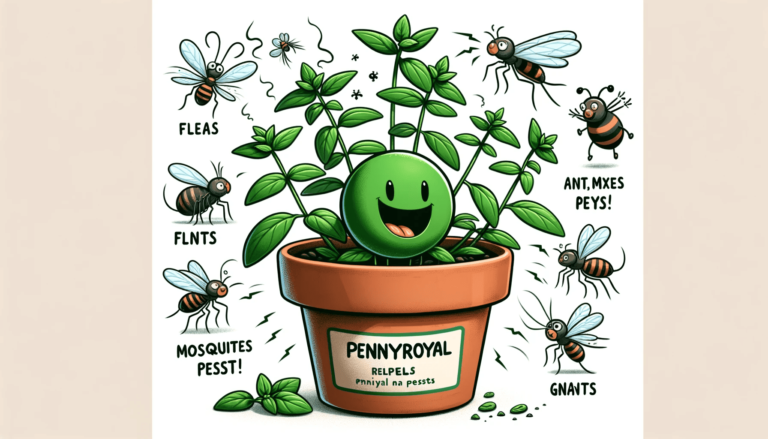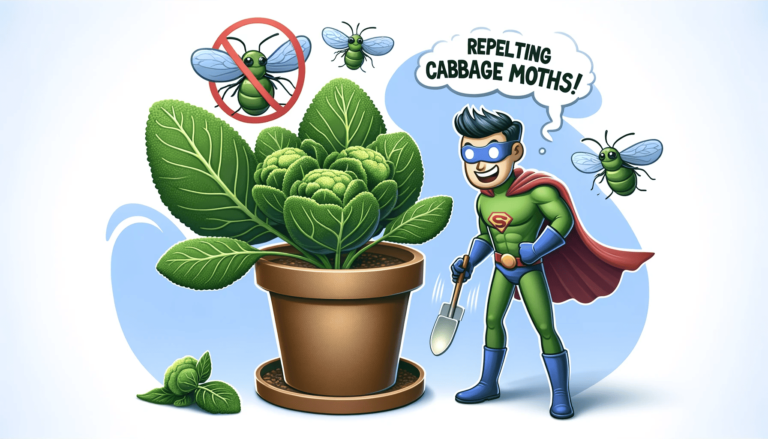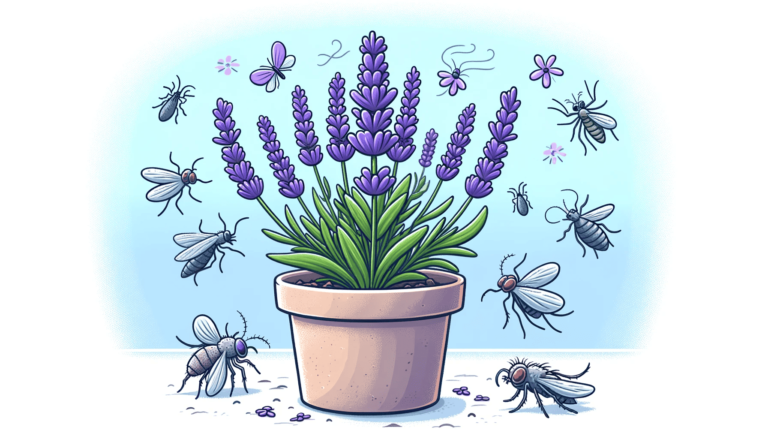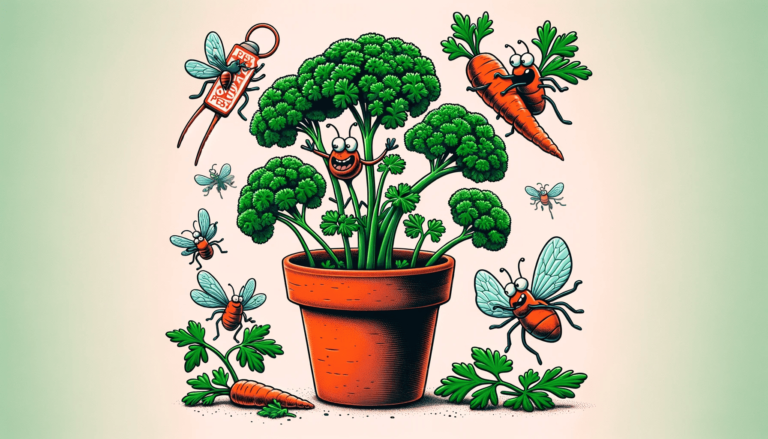Thyme: The Compact Herb with Mighty Pest Control Powers
Thyme is not just a culinary delight; it’s a compact herb that plays a significant role in natural pest control.
This unassuming plant, a natural insect repellent, is particularly effective against cabbage worms, whiteflies, and tomato hornworms.
Its presence in your garden can mean a world of difference for your vulnerable plants.
Why Thyme is an Insect Repellent Powerhouse

The secret to thyme’s impressive pest-repelling abilities lies in its aromatic oils.
Thymol, a key component of Thyme, is a major turn-off for many garden pests.
This makes thyme an outstanding, non-toxic choice for safeguarding your indoor plants. It’s a herb that does more than just add flavor to dishes; it keeps your garden healthy and pest-free.
Thyme as an Insect Guard
Repelling Powers:
- Effective against common pests like aphids, whiteflies, and mites.
- The leaves can be used to make a natural insect repellent spray.
Using Thyme for Pest Control:
- Place in areas needing pest control.
- Works well as part of a broader pest management strategy.
Growing Your Own Thyme for Pest Control
Cultivating thyme isn’t just for those who love cooking. It’s a strategic move for natural pest management. Thyme flourishes in well-drained soil and ample sunlight.
Even a small pot in your home can serve as an effective deterrent against a range of insects.
Integrating Thyme into a Comprehensive Pest Control Strategy
While thyme is powerful on its own, it shines brightest when part of a larger pest control plan. Pairing it with other natural methods enhances its effectiveness. For a more in-depth understanding, our guide “27 Indoor Plants Great for Pest Control” offers insights on various plants, each with unique pest-fighting abilities.
Conclusion
Thyme is a small herb with significant benefits in pest control. Its ease of cultivation and effectiveness make it a valuable addition to any indoor garden or pest management strategy.
So, think of thyme not just as a kitchen staple, but as a key component of your home’s natural defense against pests.
Remember, embracing natural solutions like thyme not only protects your plants but also contributes to a healthier, more sustainable environment.
Let’s make our green spaces thrive naturally!






